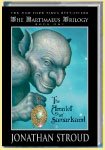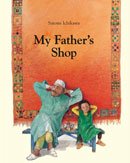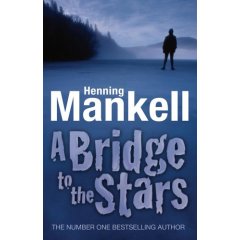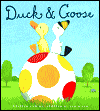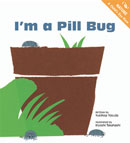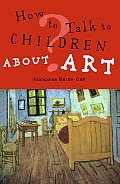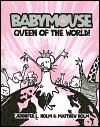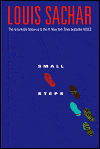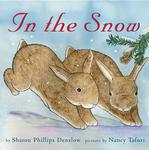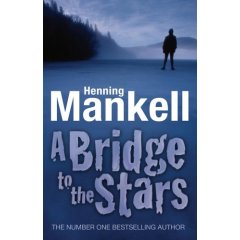Let's just say the definition of "children" here must have meant "before university" as some of the lists are pretty ambitious. Pullman's list is the most realistic and the most fun. He chose:
- Finn Family Moomintroll Tove Jansson
- Emil and the Detectives Erich Kästner
- The Magic Pudding Norman Lindsay
- The Rime of the Ancient Mariner Samuel Taylor Coleridge
- Where the Wild Things Are Maurice Sendak
- The Ballad of Sir Patrick Spens (or other good anonymous ballads)
- First Book of Samuel, Chapter 17 (the story of David and Goliath)
- Romeo and Juliet William Shakespeare
- A good collection of myths and legends
- A good collection of fairytales
Rowling's list is also pretty good, but I'd retitle it as "10-books every high school graduate should have read" (but that may be my American education showing). I was surprised by the number of American works on her list and by the fact that I'd read everything on it:
- Wuthering Heights Emily Brontë
- Charlie and the Chocolate Factory Roald Dahl
- Robinson Crusoe Daniel Defoe
- David Copperfield Charles Dickens
- Hamlet William Shakespeare
- To Kill a Mockingbird Harper Lee
- Animal Farm George Orwell
- The Tale of Two Bad Mice Beatrix Potter
- The Catcher in the Rye JD Salinger
- Catch-22 Joseph Heller
Finally there's Andrew Motion's list. I'll just put it out here for you:
- The Odyssey Homer
- Don Quixote Miguel de Cervantes
- Hamlet William Shakespeare
- Paradise Lost John Milton
- Lyrical Ballads Samuel Taylor Coleridge and William Wordsworth
- Jane Eyre Charlotte Brontë
- Great Expectations Charles Dickens
- Portrait of a Lady Henry James
- Ulysses James Joyce
- The Waste Land TS Eliot
One of my greatest sorrows is that no one reads Henry James anymore. But as a child? Give me a break. And Ulysses? Great work, no doubt, but I personally needed a university course to get through it.
Interestingly, some authors refused to take part. Nick Hornby, for example, said: "'I used to teach in a comprehensive school, and I know from experience that many children are not capable of reading the books that I wanted them to read. If I choose 10 books that I think would be possible for all, it wouldn't actually be a list that I would want to endorse. I think any kind of prescription of this kind is extremely problematic.'"



